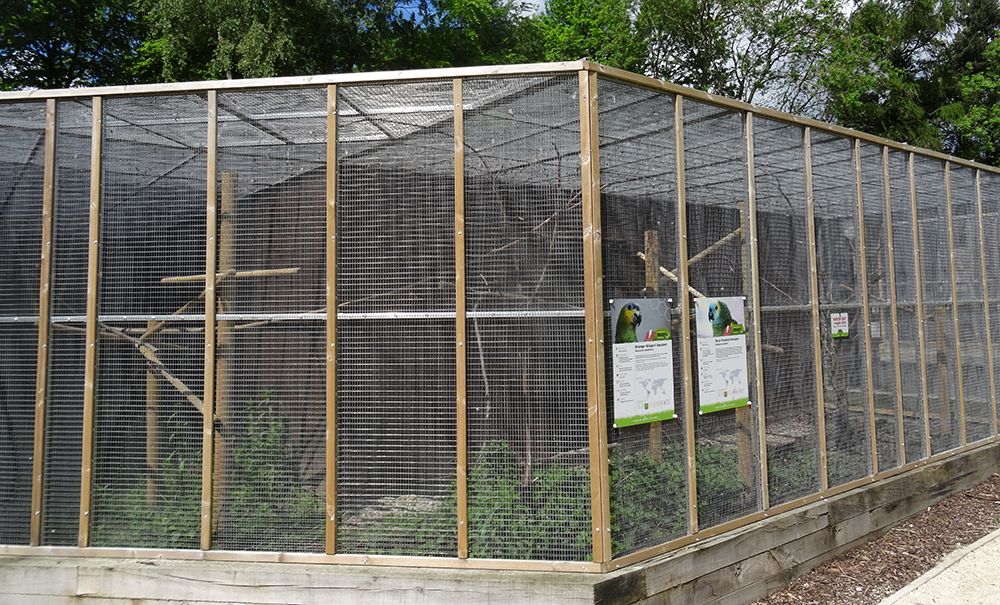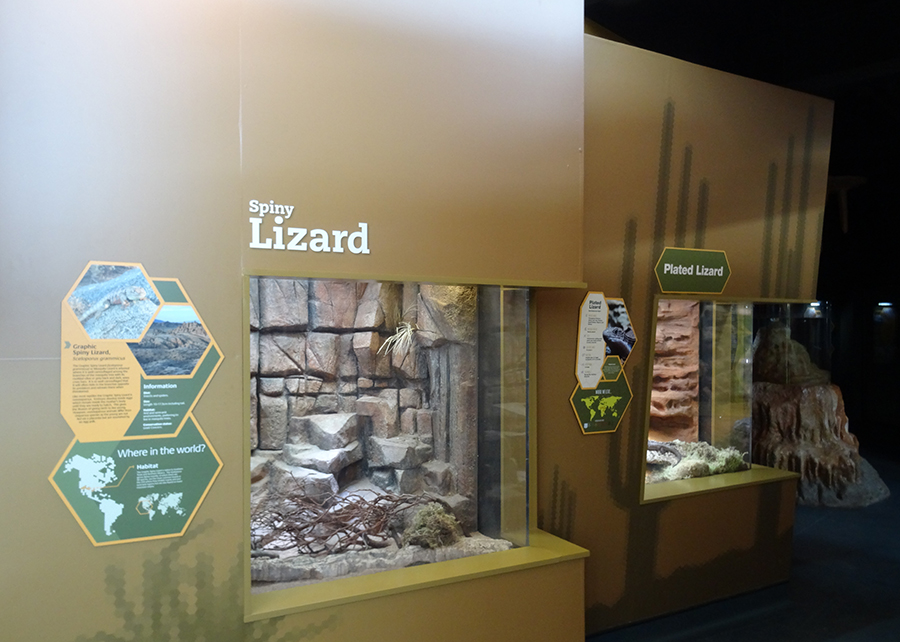ZooStephen activity has been very restricted in these past months. A time to reflect and consider what is important and think about what future activities may be pursued. Everyone moved to ‘teaching online’ as the new way of delivering education and I created a series of videos supporting a programme of learning for remote delivery and variations of this resource will be available to others.

A buzzword of the times is ‘zoom’, alongside Microsoft Teams and Skype and my workshops and talks are available by online delivery. Whilst effective, there is however, no replacing real experience and learning in the environment itself.
It’s good that zoos, aquariums, wildlife sites, historic places etc are now open /re-opening, but of course it’s a changed world for now, with some of the important educational activities such as talks not being offered to avoid crowd formation.
In 2021 ZooStephen will continue to offer training workshops, advice and support and mentoring for educational activity both online and in person, and continue supporting keeper training through DMZAA at Sparsholt College, as well as other activity. I look forward to the opportunity to help others in developing and delivering conservation education and visitor experience.
Politics, People and Pessimism. Outdoor Opportunity & Optimism – Covid reflections
The world stopped. Earth asked for a reset, for a new way, a new normal. The deadly messenger was named Covid-19. It belonged to nowhere but went everywhere. In places it met with coordinated, planned resistance but many countries ignored the warnings until it was too late. Knowledge was shared but didn’t result in immediate action and change. However, once the emotions were challenged with death and fear, self interest, science and opinion pushed and government responded… Lockdown!
The global pandemic saw different levels of action and commitment across the world. Some leaders acted swiftly and strong, others delayed and dithered, some even rejected the facts and believed they wouldn’t suffer.
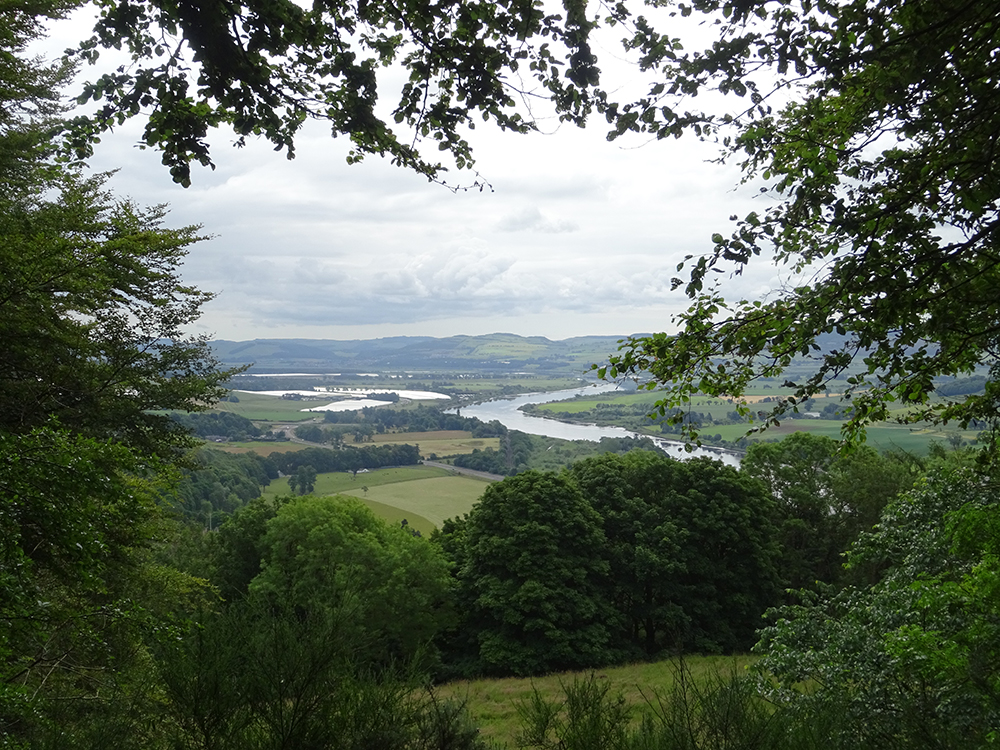
Stay Home – Save Lives. A slogan that was clear and easy to understand. Support for ‘work at home’ and furlough schemes made it easy for some. Others struggled. The self employed found themselves unable to access help, then it came but not for all and not as fairly… whilst welcome, it was constrained and caveats limited its ‘generosity’ based on a calculation from earnings up to April 2019. And then… many still had to work. The health and emergency services, food sales, transport, zookeepers, farmers and more had to work on… a long list of people still travelling about and having interactions, and the virus spread.
Meanwhile others locked themselves away, isolated, cut off. Some families, especially those with younger children found new connections and relationship, but it came with a cost… exclusion of the extended family. Grandparents and the vulnerable especially were ‘shielded’ but by aiming to keep safe, the cost to normal life and sharing with those who care was high. And the death toll increased.
Strong, timely, focused and clear action resulted in success… in New Zealand and some other countries such as Germany and Japan, and China seemed to get it under control too. Noticeable in their failure however, were Johnson (UK), Trump (USA) and Boslonaro (Brazil) – two of whom are known to have caught the virus. Their own agendas’ influenced policy and action to the detriment of many – and the death toll continued to rise.
In the UK, the devolved governments disagreed to some extent with the Johnson approach, not least after the breaking of lockdown restrictions by their ‘mastermind’ Cummings and his bluffing it through to the dismay of most.
Time goes by… (the story, truth, half truths, and lies, will be told and analysed in times to come).

Be Optimistic? However, one positive from the situation for me and many others – take regular, local, outdoor, socially-distanced, exercise. Being out in nature, and in my local area wasn’t new for me, however I discovered a few more paths, saw a few different people out and had some wonderful wildlife encounters – most notably with hares, deer and red squirrels.
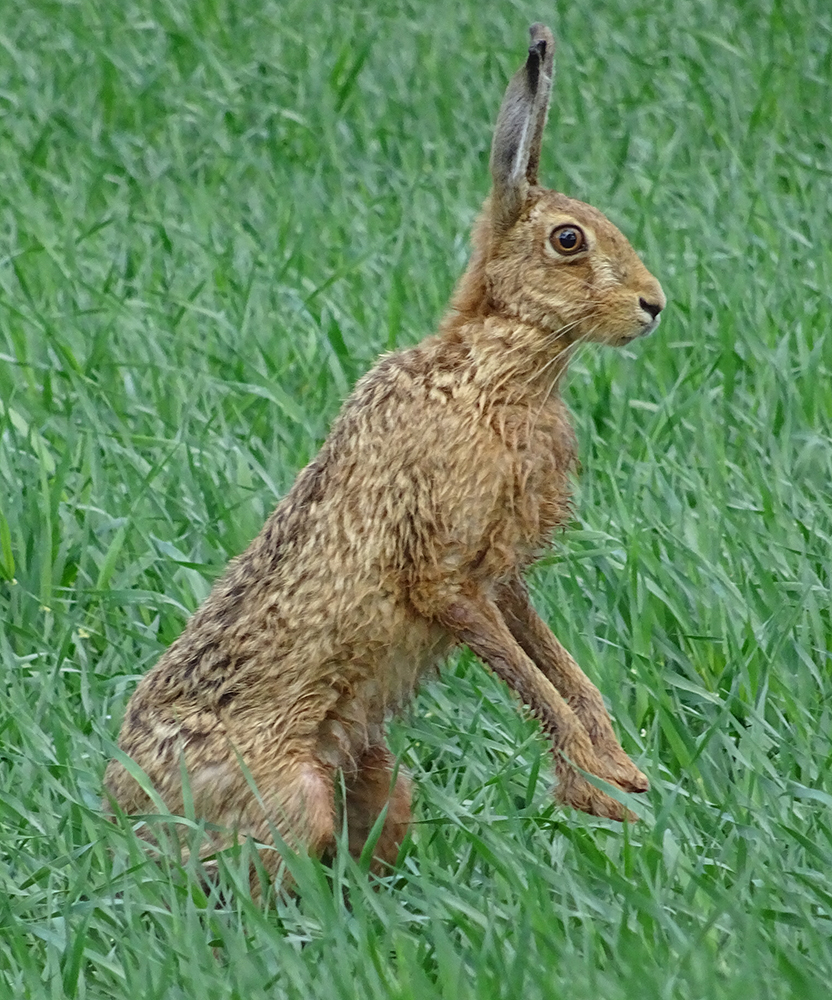
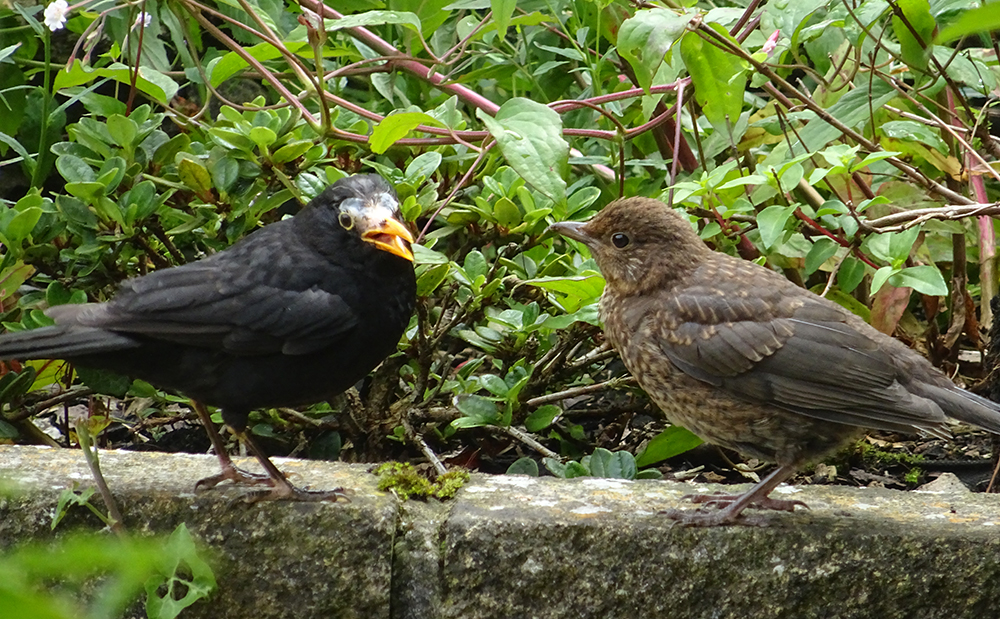
Nature thrived. My garden became a feeding station for at least 2 pairs and 2 broods of blackbirds. One became quite tame, and demanding, waiting at my door for food to be put out and the fledglings were emboldened to come close. Allowing the weeds to grow, and having my wildflower pots, meant a small space became a jungle and insect haven.
Once a little more travel was allowed it was great to revisit Perthshire big tree country and the hills surrounding Perth too. Revisiting the Birnham oak which most likely dates from the 15th century and was certainly there when Shakespeare visited (and features in Macbeth – Birnham wood). It’s amazing to think that it has seen the world population rise from 450 million to near 8 billion, has lived through many regional and global pandemics and has been home to thousands of other organisms.
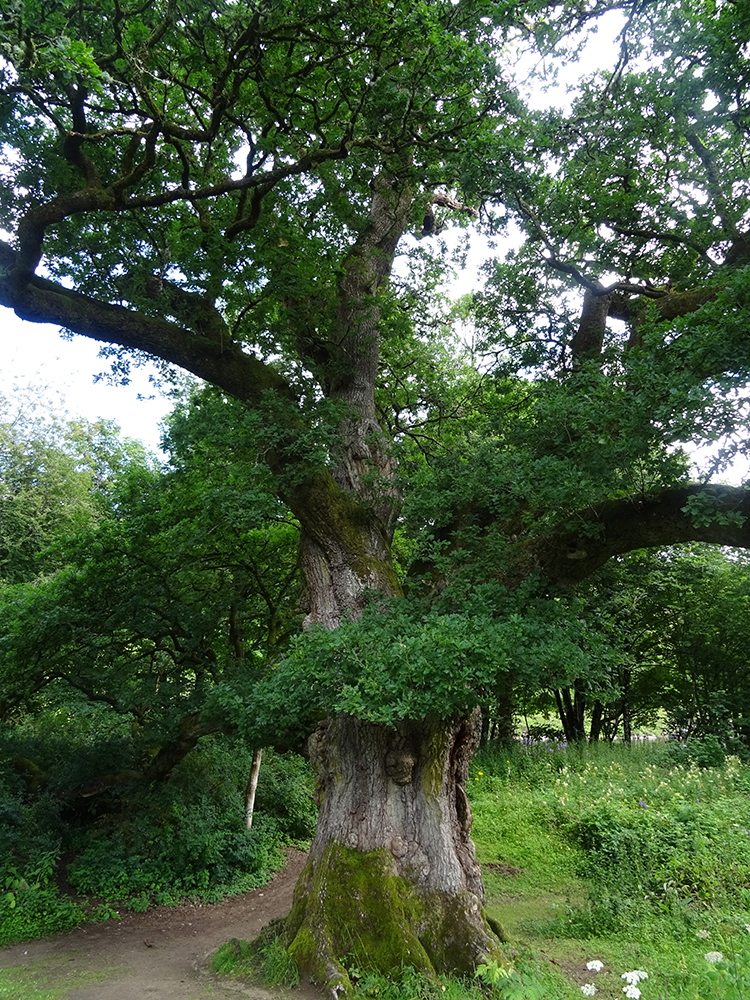
Whatever happens with Covid-19, we know nature will survive and if allowed to, will thrive. We have a great opportunity to re-connect and value what is important, for that I am optimistic. However, the action of politicians in power, and desire for return of ‘economic growth’, together with the selfish behaviour of some – abusing the environment, littering and being uncaring, are causes for pessimism and worry.
The post-covid19 world will be what we make it – the challenge is we need social and behaviour change from government, business and ‘ordinary’ people. Self-interest and nationalism are however, emerging as strong forces that are really difficult to challenge. Trump seeks re-election and US First policy… Johnson sees Brexit and the rise of an independent ‘Britain’ as the future… China sees opportunity and remains controlling, but is also easy to target in western society, and as for Putin and Russia, its hard to say…
An oak tree, a Douglas fir… a hungry blackbird, a ‘March hare’ and grazing deer… that I understand and will continue to enjoy and encourage others to do likewise 🙂
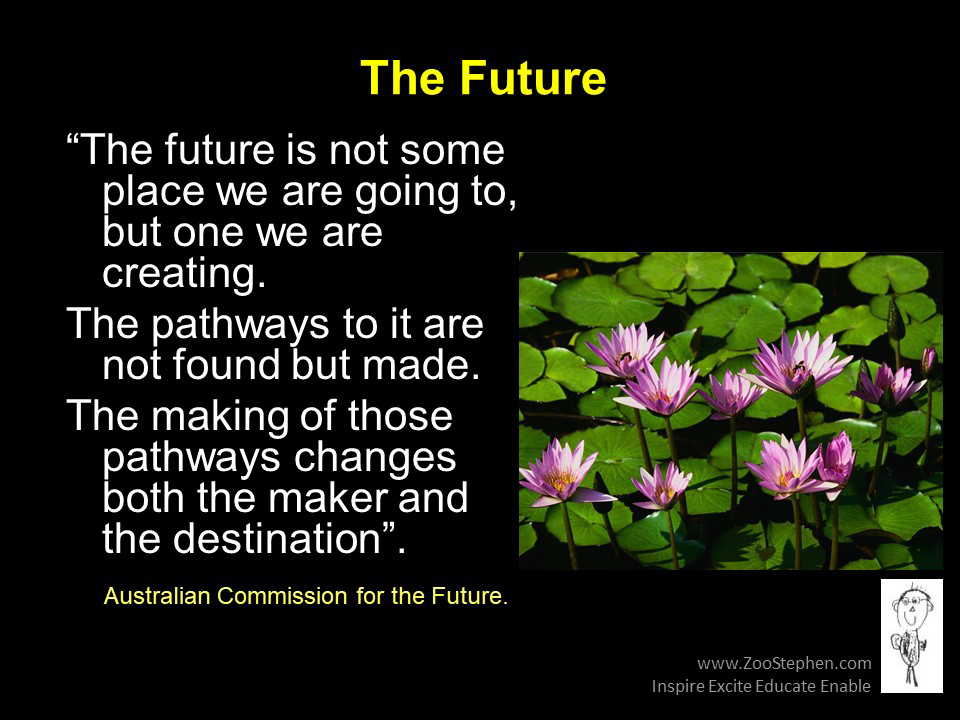


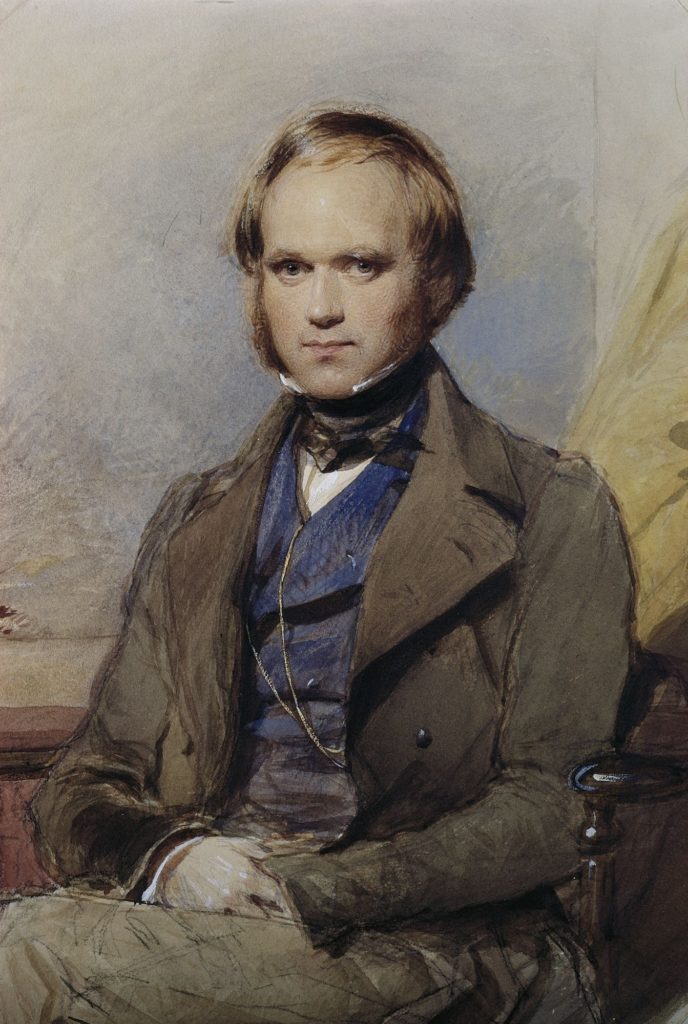
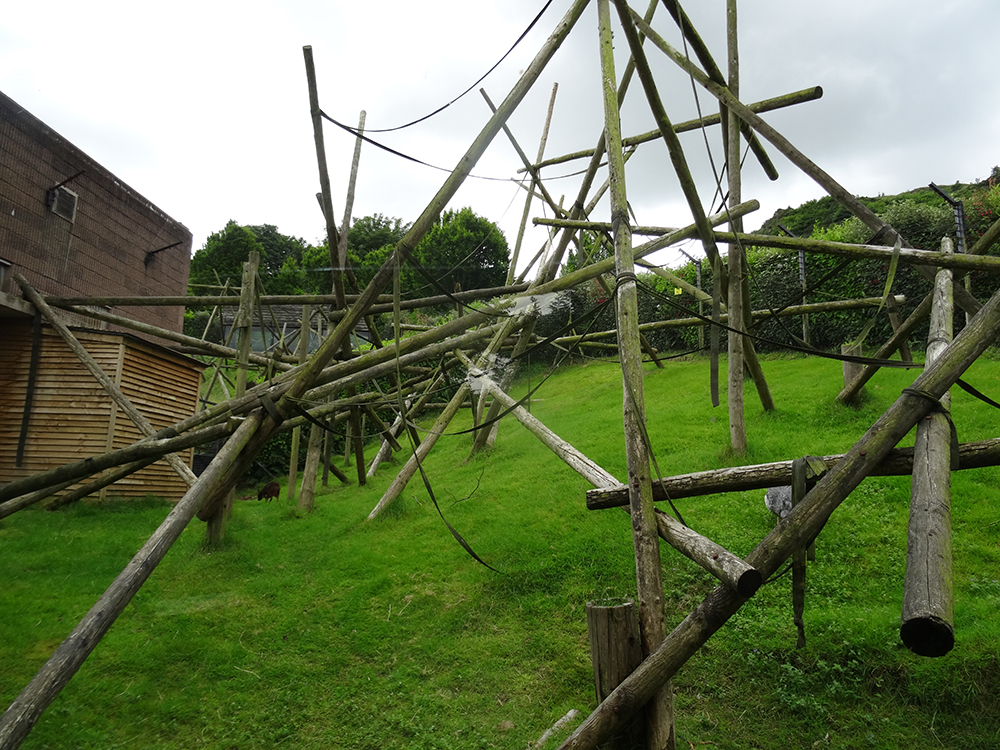
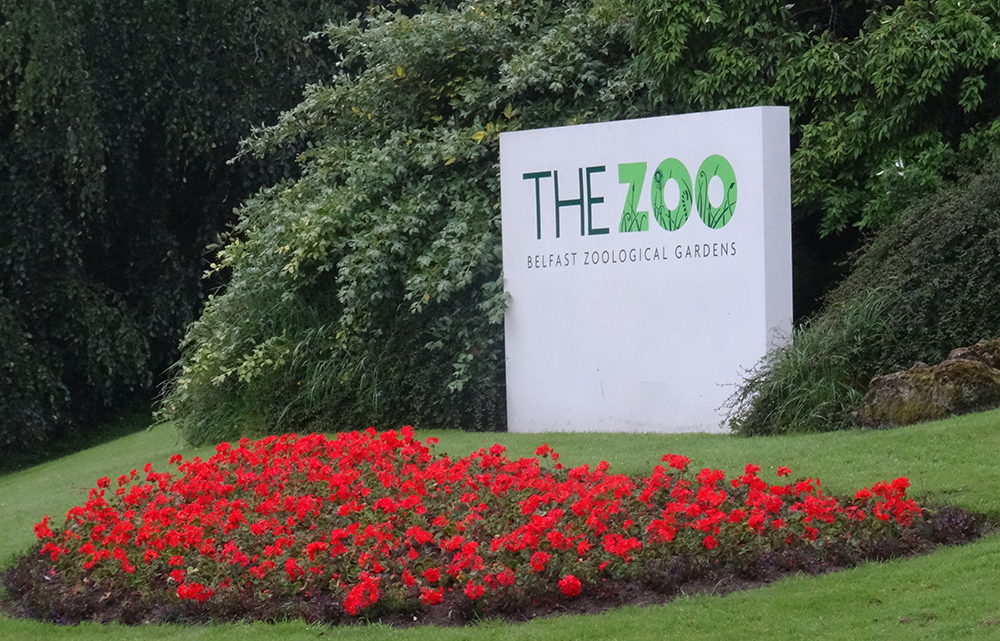
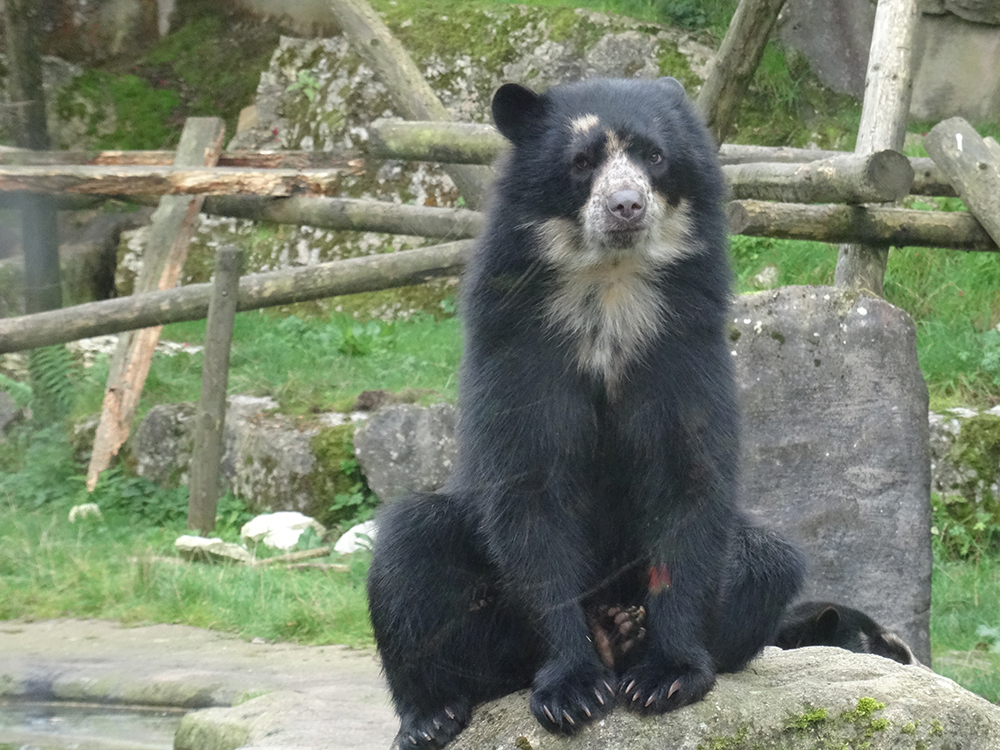
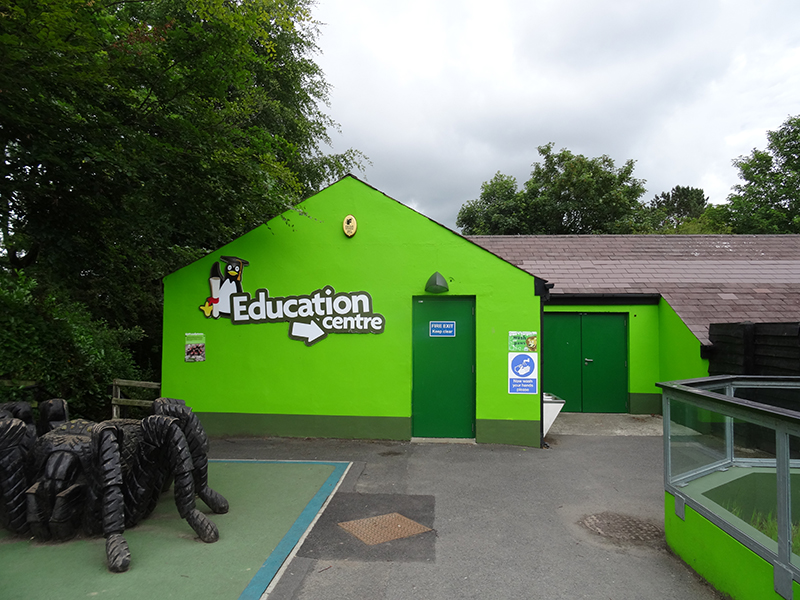
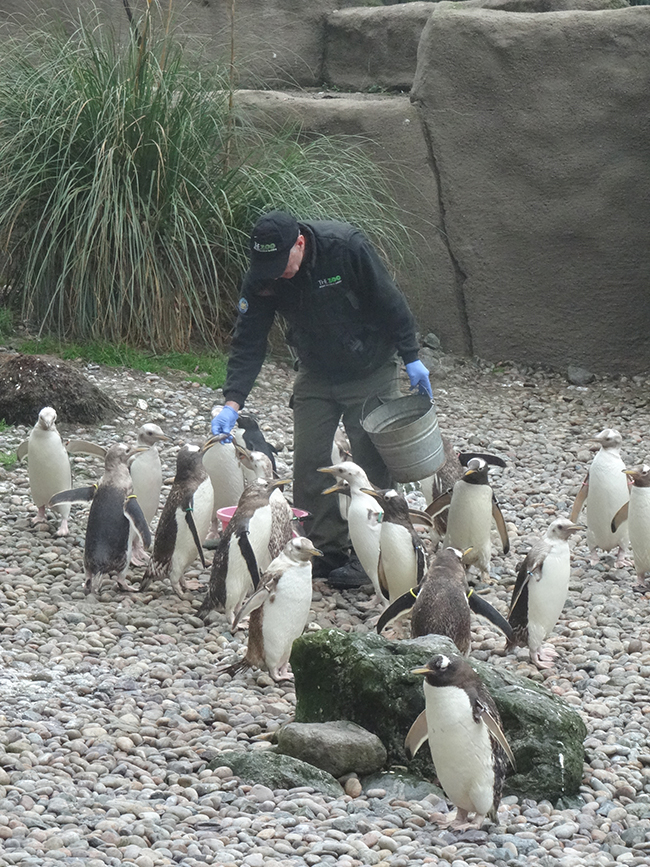
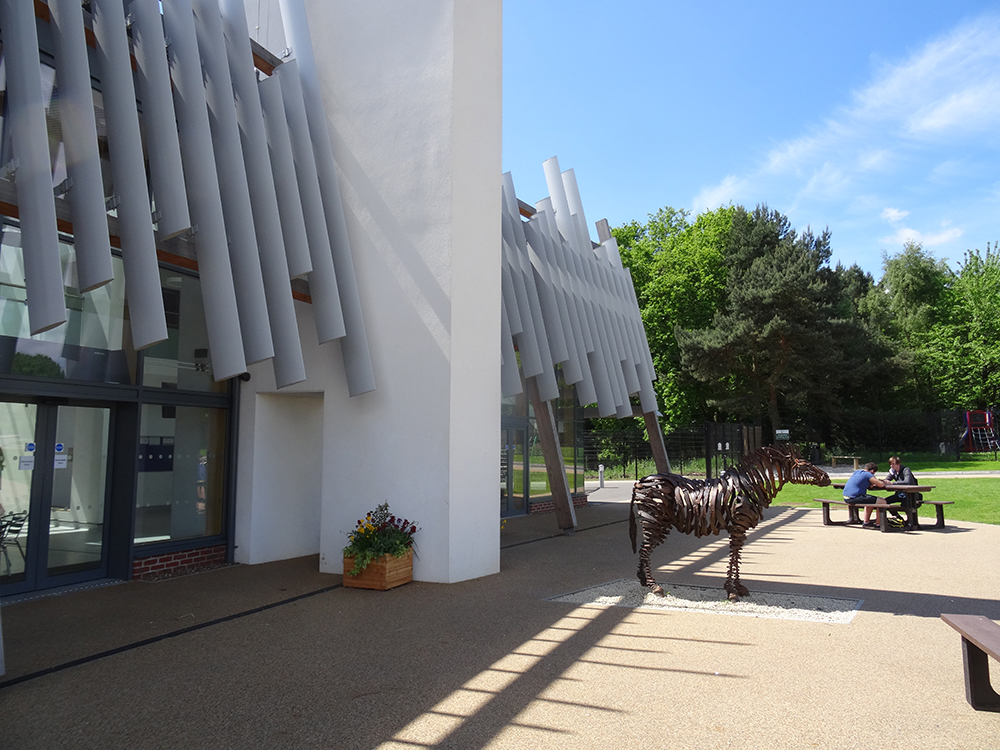 It was great to meet over 50 of the students this week and provide an insight for them into the world of work with a careers workshop. The session was designed to give them an introduction to the jobs and career paths available in the zoo and wildlife sector, and with particular emphasis on the process, from job advert to CV and interview.
It was great to meet over 50 of the students this week and provide an insight for them into the world of work with a careers workshop. The session was designed to give them an introduction to the jobs and career paths available in the zoo and wildlife sector, and with particular emphasis on the process, from job advert to CV and interview.